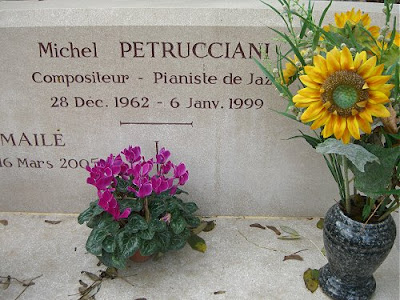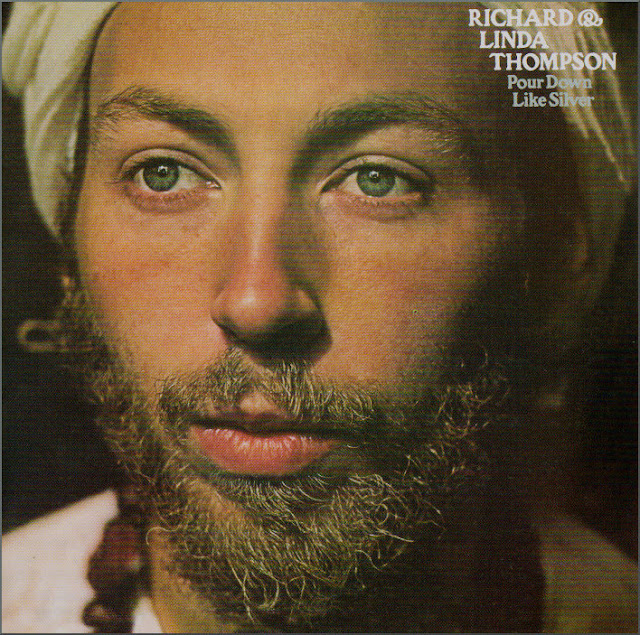He was in every sense a good man

Cormac Rigby (second from left above), who has died aged 67 of cancer, had two distinct careers: as a BBC radio announcer, and later as a Roman Catholic priest. Both called for an easy mastery of the spoken word, and to both he brought a naturally cultivated talent.
As presentation editor of Radio 3 from 1972 to 1985, Cormac set the tone of the channel, supervising the work of established announcers such as Patricia Hughes and Tom Crowe, engaging younger ones (among them Tony Scotland) and himself taking a full share of the announcing and presenting load. After leaving the BBC in 1985, he trained for the priesthood, served first in Ruislip, Middlesex, and then in Stanmore, north London, where he was specially happy and very well liked.
He was born in Watford, Hertfordshire; his mother had been born Grace McCormack, and his first name was a conscious recollection of her Irish maiden name. Baptised on May 21 1939, he was to be ordained on the very same day, 49 years later, by Cardinal Basil Hume in Westminster Cathedral. He was educated at Merchant Taylors' school, Northwood, Middlesex, and read history at St John's College, Oxford.
But the church beckoned, and in 1961 he went to the English College, in Rome, to train for the priesthood. There, however, he found the regime unacceptably narrow-minded, and returned to Oxford to complete a doctoral thesis on Edward Thring, the 19th-century preacher and headmaster of Uppingham. In 1965, he became an all-purpose announcer at the BBC, working for the Home Service and the Music Programme, which then preceded the evening Third Programme.
In due course he was permitted to announce for the Third Programme, and by 1968 Cormac was also engaged as a planner for that network. Here, he first tasted blood when an internal conflict arose over the relative artistic and financial merits of Solti's Die Meistersinger, from Covent Garden, and Goodall's The Mastersingers, from the Coliseum. Cormac's championship of the latter won the day and he confessed himself "jubilant". (All of us who were privileged to attend Goodall's Mastersingers can only confirm how right Cormac was - Pliable)
In 1969 the BBC published Broadcasting in the Seventies, a document that heralded the "dumbing-down" of the Third Programme. Early the following year, 134 BBC staff members - all in breach of their contract - signed a letter of protest to the Times, and Cormac's name was, characteristically, among them. In 1972, he was nevertheless appointed presentation editor of Radio 3, where his regime was distinguished.
Cormac expected his colleagues to be cultivated personalities, at ease with musical terminology and correct pronunciation in whatever language was called for. He asked that their delivery be measured and accurately stressed. And he set an admirably urbane example.
He was also fiercely loyal to his staff and, as I discovered during the musicians' strike over the BBC plans, eventually dropped, to disband five orchestras in 1980, heart-warmingly supportive of those in conflict with the Philistine tendency. In 1985, he introduced his last Last Night of the Proms for television, on which he was seen regularly, then left the BBC and began, for the second time, to train as a priest.
Apart from his faith and his skills as a broadcaster, Cormac had a passion for ballet, in which he was knowledgable and discriminating. During the 1970s he devised and presented a Radio 3 programme, Royal Repertoire, which complemented the current programmes of the Royal Ballet. He also wrote for Dance and Dancers, using the pen-name John Cowan. Even after his ordination he contributed to Dance Now, and he was always glad, a friend remarked, "to get his dog collar off and go to the ballet".
In three attractive books of sermons, The Lord Be With You (2003), Lift Up Your Hearts (2004) and Let Us Give Thanks (2005), he related without self-pity how his prostate cancer had spread and he felt obliged to give up his Stanmore parish. During a longer-than-expected remission, he went to Ireland and enjoyed "the most beautiful reprise of some of my happiest journeys up and down the Irish fjords". He was in every sense a good man.
A wonderful obituary, by Robert Ponsonby in today's Guardian, of a truly wonderful man. Cormac Rigby was an inspiration to all of us involved in broadcasting - paragraph 6 says it all. Read an interview with Father Cormac here. The header photograph, with Cormac Rigby second left, was taken in the Broadcasting House control room at Christmas 1971. (There is a less flattering photo of me on the same site, taken a few weeks later just after I joined the BBC.)
Now listen to Cormac Rigby's 'easy mastery of the spoken word', this is what radio can be -
And now visit the Carmelite monastery where Cormac Rigby had his Christmas cards printed.
Any copyrighted material on these pages is included as "fair use", for the purpose of study, review or critical analysis only, and will be removed at the request of copyright owner(s). Report broken links, missing images and other errors to - overgrownpath at hotmail dot co dot uk









Comments
Sorry for the error, it is now corrected.
Rob